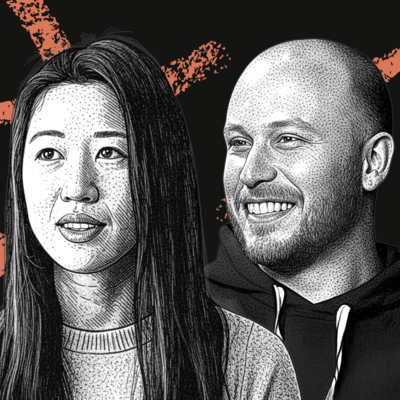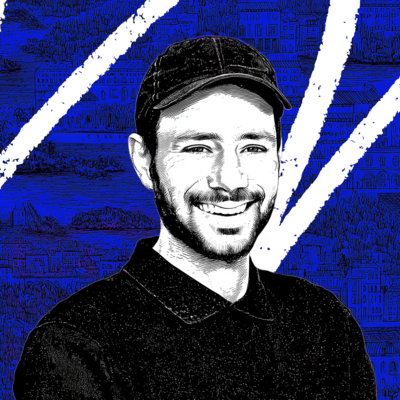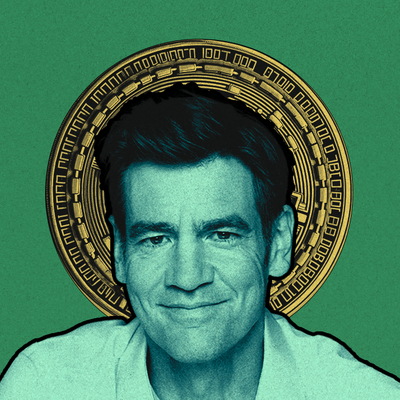
My take on the latest episode of How Do You Use ChatGPT?, with Dr. Gena Gorlin, and the episode transcript are below for paying subscribers.
It is abundantly clear to me that AI tools in general—and ChatGPT in specific—are going to radically change how we see ourselves, and how we approach personal and professional growth. ChatGPT is an incredible mirror: It can reflect back to you, honestly, who you are and how you think. And it’s a perfect mentor: It can help walk you through any decision or think about what to say in any situation. It’s the ultimate goal for getting closer to being the kind of person you want to be.
That’s why I was so excited about recording this episode with Gena. She’s a frequent Every writer and professional clinical psychologist. It’s gratifying to see someone so well-respected in her field adopt a tool like this.
One important point that came out of this episode for me is just how radical ChatGPT is for self-development because of two key things:
The Only Subscription
You Need to
Stay at the
Edge of AI
The essential toolkit for those shaping the future
"This might be the best value you
can get from an AI subscription."
- Jay S.
Join 100,000+ leaders, builders, and innovators

Email address
Already have an account? Sign in
What is included in a subscription?
Daily insights from AI pioneers + early access to powerful AI tools









